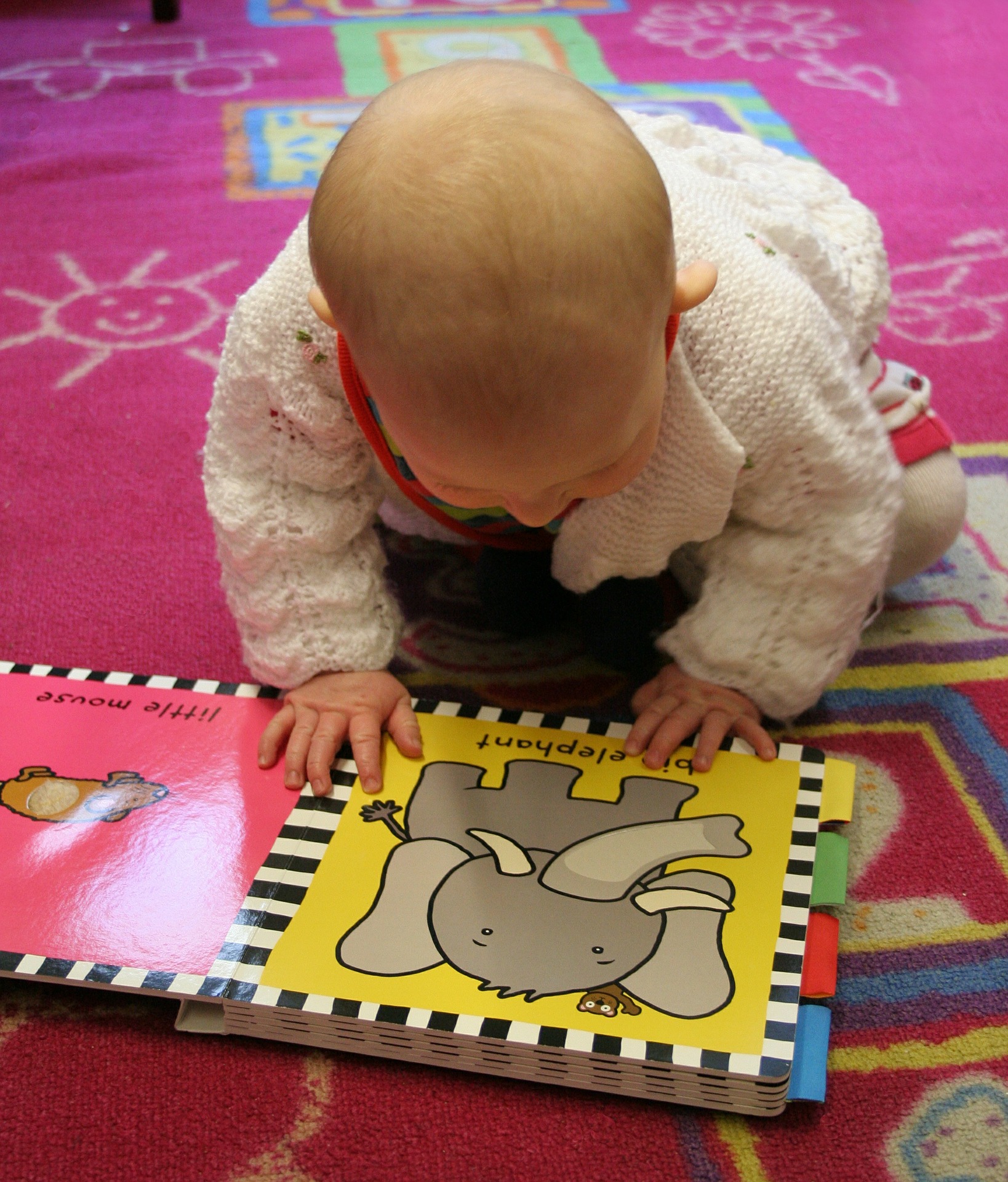Search

A dramatic rise in food allergies over the past 20 years had Australian medical professionals scratching their heads, with three in every ten babies born each year developing food-related allergy or eczema.

The Kids Research Institute Australia answers all of your questions about vaccines and children

While COVID-19 is new and frightening, these resources are designed to help families tackle the challenges this virus has created for us.
Research
CyberbullyingCyberbullying is a form of online harassment, where the bullying is carried out through the use of modern technology.

Research
MeaslesMeasles is a highly contagious infectious disease that can cause severe, long-term complications in children.
Research
Parenting in the age of social media: The buffering effect of parental self-efficacy on the relationship between parental social media use and parent child-relationship qualityThe widespread use of technology in daily life has raised concerns about its potential to disrupt social relationships, particularly within one of the most important human relationships: the parent-child relationship. This study assesses whether parental social media use (measured by a novel parental social media intensity scale) affects the parent-child relationship (measured by the child-parent relationship scale - short form), and whether parental self-efficacy (PSE, measured by the parenting sense of competence scale) moderates this effect.
Research
How Alexithymia Increases Mental Health Symptoms in Adolescence: Longitudinal Evidence for the Mediating Role of Emotion RegulationAlexithymia is characterised by difficulties identifying and describing feelings, as well as a lack of focus on feelings. Alexithymia is a transdiagnostic risk factor for developing a wide array of psychopathologies, such as anxiety and depression, with a key hypothesised mechanism being the impairing impact of alexithymia on emotion regulation competency. However, no study has tested whether difficulties with emotion regulation mediate the link between alexithymia and psychopathological symptoms using longitudinal designs.
Research
Health behaviour change: Theories, progress, and recommendations for the next generation of physical activity researchAdaptive behaviour change is central to improving population health, yet poor adoption of health-enhancing behaviours contributes to noncommunicable diseases and so remains a global concern. Research on physical activity behaviour change has continued to expand and evolve since the turn of the millennium, guided by diverse theoretical approaches-from social cognitive theories, organismic dialectical approaches such as Self-Determination Theory, dual-process frameworks, and integrated practical models and taxonomies.
Research
Topical antibiotics for chronic suppurative otitis mediaChronic suppurative otitis media (CSOM), sometimes referred to as chronic otitis media, is a chronic inflammation and often polymicrobial infection (involving more than one micro-organism) of the middle ear and mastoid cavity, characterised by ear discharge (otorrhoea) through a perforated tympanic membrane.
Research
Clinical Predictors of Longitudinal Respiratory Exacerbation Outcomes in Young Hospitalised ChildrenRespiratory infection and wheezing illness are leading causes of hospitalisation in childhood, placing a significant burden on families and healthcare systems. However, reliably distinguishing children at risk of developing persistent disease from those likely to outgrow their symptoms remains a clinical challenge. Earlier identification would allow clinicians to focus care and resources on those most likely to benefit from long-term management, while reducing anxiety and uncertainty about the future for families.
